Introduction
Yes, your dog can eat parmesan cheese as long as it is served in bite-sized amounts and on infrequent occasions. Parmesan, or any other cheese, is not a staple food for canines meaning it should not be a regular addition to the food bowl.
Remember, the hard and crumbly parmesan cheese has a strong and intense scent. Considering the dog’s extraordinary sense of smell, some dogs will find parmesan cheese extremely disgusting and others incredibly enticing.
Why is Parmesan Cheese Good for Dogs?
In general, cheeses come with several health benefits for dogs. Parmesan cheese, in particular, can be good for dogs when fed in moderation. From calcium supplement to pill pocket – let’s review the benefits of parmesan for dogs.

Calcium Source
Dairy products (parmesan cheese included) are the top source of calcium. Young puppies need calcium for skeletal development, adults for bone density upkeep, and seniors for preventing bone fractures.
Vitamin A and Vitamin B12
Parmesan cheese is also rich in vitamin A (vital for strong vision, skin and coat health, and reproductive processes) and vitamin B12 (prevents anemia and is critical for DNA formation).
Low in Lactose
Lactose intolerance is a significant concern among dogs. Luckily, as with all hard cheeses, parmesan is relatively low in lactose (most lactose is lost during the ripening process).
Efficient Pill Pocket
If the vet ever prescribed oral medications for your dog, you know how challenging their administration can be. This is where parmesan cheese kicks in – a small chunk serves as an efficient pill pocket (its odor is strong and will mask the pill’s presence).
Can Parmesan Cheese be Bad for Dogs?
As you can see, there are various health benefits of parmesan for dogs. However, the dog’s relationship with cheese is complex and includes multiple risks too.
So, before you start grating parmesan cheese, put the grater aside and think about the following side effects and considerations of feeding your dog parmesan.
Stomach Upset
It is hard to believe how prone dogs are to tummy issues. Basically, any new food has the power to trigger a digestive upset, and parmesan cheese is not an exception. The telltale signs of a tummy upset are vomiting, diarrhea, gassiness, lack of appetite, and abdominal pain.
Too Much Sodium
Parmesan cheese contains way more sodium than dogs need. Dogs with heart issues, high blood pressure, and kidney problems are more sensitive to salt than healthy dogs. It should be noted that excess salt consumption can lead to salt poisoning.
Pancreatitis Risk
Because of the fat content, overeating on parmesan cheese (too much or too often) can lead to pancreatitis – a painful and complicated inflammation of the pancreas. If left untreated, pancreatitis can be fatal.
Weight Gain and Obesity
The fat content in parmesan cheese can also contribute to weight gain and obesity. Obesity is not a disease, but it increases the risk of other ailments like heart issues, diabetes, and arthritis.
Cheese Allergies
Like people, some dogs are allergic to the dairy protein found in cow’s milk and, consequently, cheese. Sadly, there is no way of knowing whether your dog is allergic until you give it a chunk of parmesan cheese.
How Much Parmesan Cheese Can my Dog Eat?
When it comes to dogs eating cheese, moderation is the key to safety. The recommended serving size for the average dog would be one teaspoon of grated parmesan cheese or one bite-sized chunk.
Obviously, if you have a small dog like Chihuahua or Maltese, you should choose a smaller serving size(half a teaspoon). In contrast, if your dog is on the larger end of the specter, like a Newfoundland or Great Dane, you can safely go for a teaspoon and a half.
If your dog has never tasted cheese before, do not give it the entire parmesan portion at once. It is always a good idea to start slow (provide a smaller amount) and observe your dog for any signs of trouble.

How to Prepare and Serve Parmesan Cheese for your Dog?
To ensure a safe parmesan cheese experience for your dog, you need to be familiar with some preparation and serving considerations.
First, you need to choose the right parmesan cheese. By right, we mean without added ingredients like chives, onion, garlic, chili peppers, or herbs. Some added ingredients are straightforward toxic to dogs, while others increase the risk of stomach upsets.
Then, in terms of serving, you need to ensure the parmesan size and shapes are not a choking hazard. Namely, it is advisable to slice the parmesan chunk into tiny bits.
Alternatively, you can buy grated parmesan cheese or grate it yourself. The grated option does not pose a choking risk and allows your dog to enjoy the parmesan cheese flavor for longer. However, it is useless for hiding pills.
Frequently Asked Questions
The parmesan cheese rind is not directly harmful to dogs because, unlike most cheeses, it does not contain wax or artificial coating materials. However, the rind is too hard and can be hard to chew, meaning you should refrain from offering it to your dog.
Yes, dogs can eat grated parmesan cheese as long as it is offered following the serving size and frequency instructions applicable to regular parmesan cheese. Both options have the same nutritional profiles – the only difference is the form.
It depends on the dog. Some dogs are allergic to the protein found in cow’s milk, while others are not. The first group of dogs will be allergic to parmesan cheese (and all cheeses in general), while the dogs from the second group will not be allergic.
Summary
So, all in all, can dogs eat parmesan cheese? Yes, dogs can safely enjoy parmesan’s taste, texture, and odor as long as they are not allergic to milk proteins. Also, the parmesan cheese must be used in small amounts and on special occasions.
Dogs are carnivores that thrive on animal-sourced proteins. Parmesan cheese and dairy products are not found on the canine food pyramid. In other terms, parmesan cheese makes an excellent occasional treat.
Sources
- Are Dogs Lactose Intolerant?, Chyrle Bonk, DVM, 2020
- Calcium deficiency – A problem in growing and adult dogs. Two case reports, Ellen Kienzle, Britta Dobenecker, 2020
- Salt Intoxication In A Dog: Survival And Complications, Céline Pouzot-Nevoret, Isabelle Goy-Thollot, 2005
- The Growing Problem of Obesity in Dogs and Cats3, Alexander J German, 2006
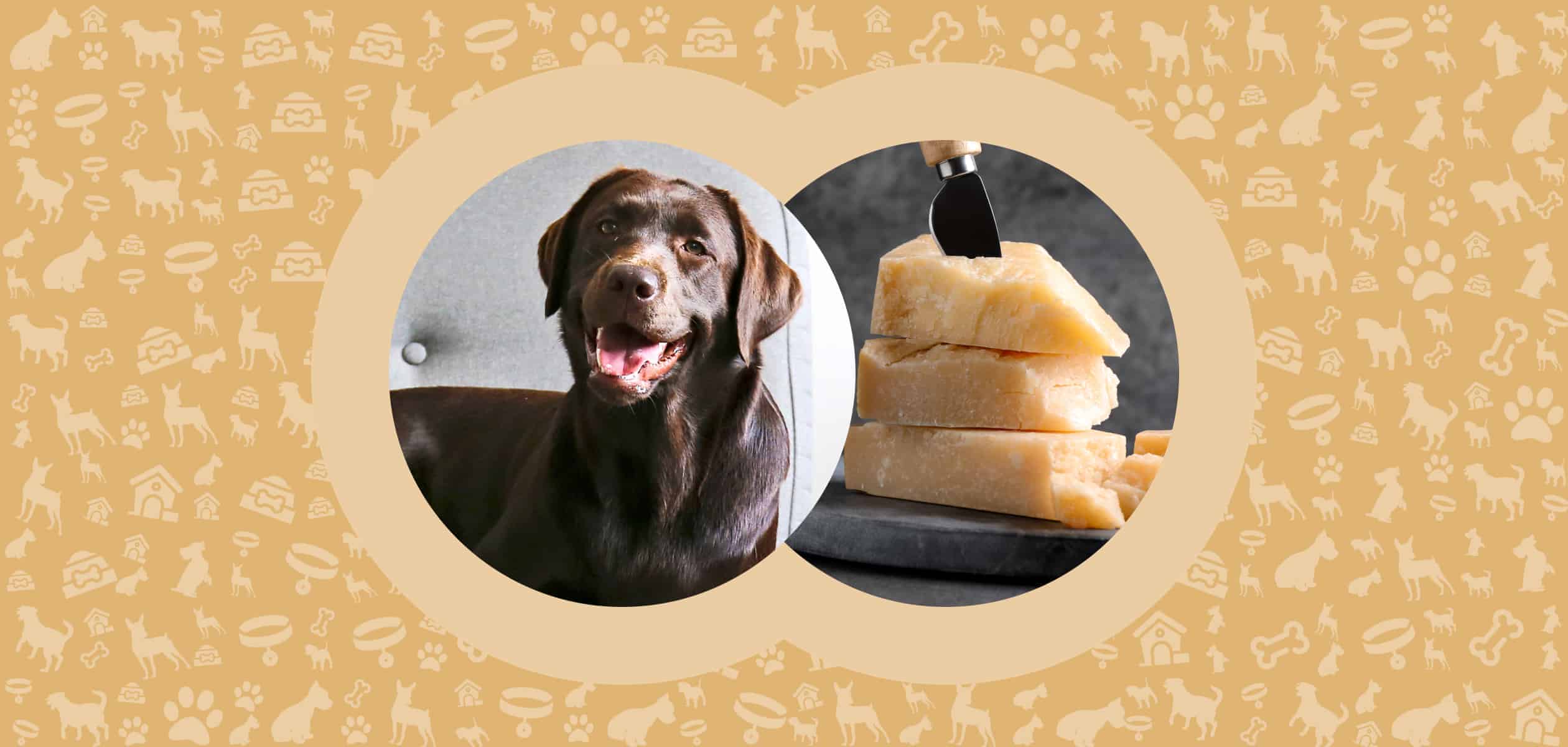
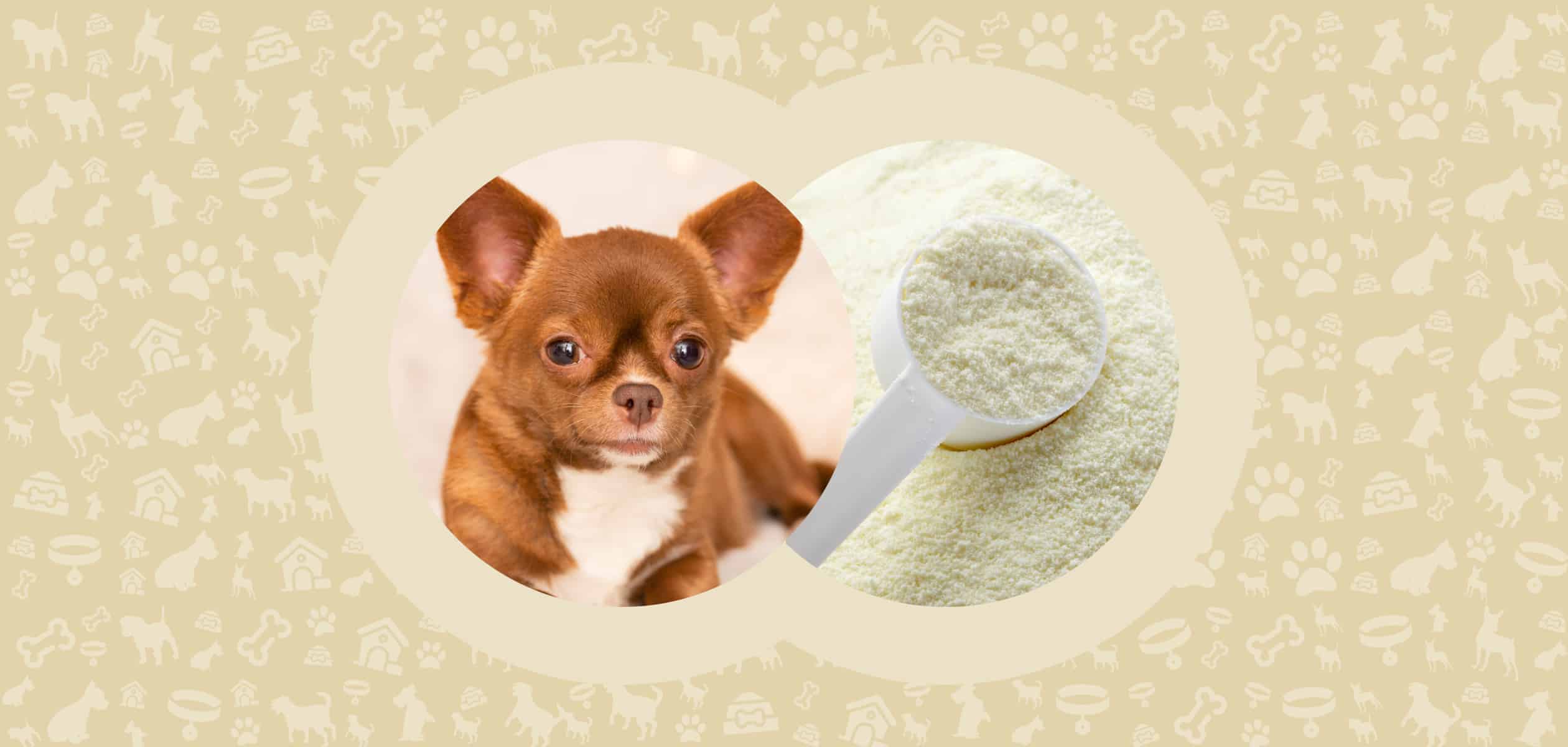
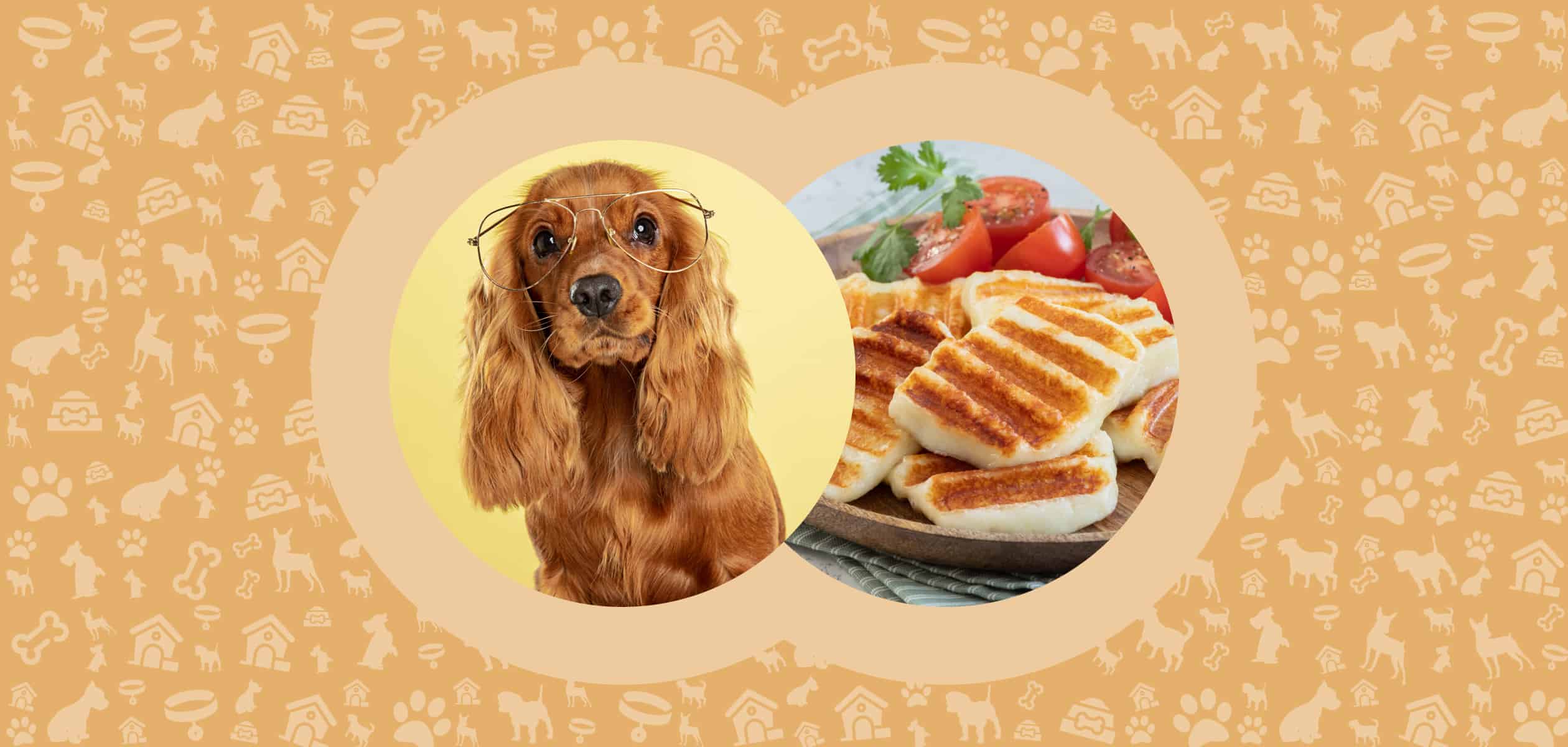
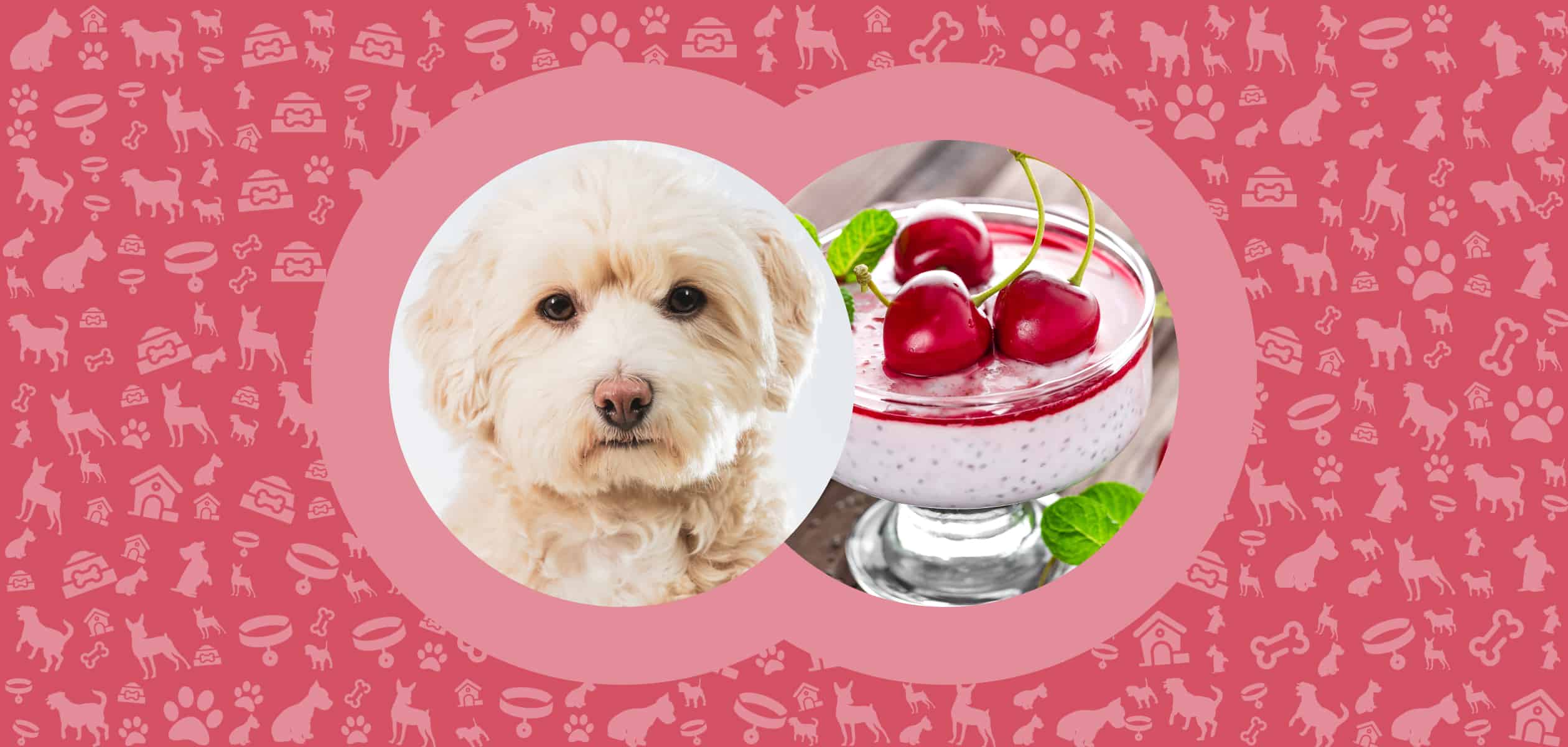
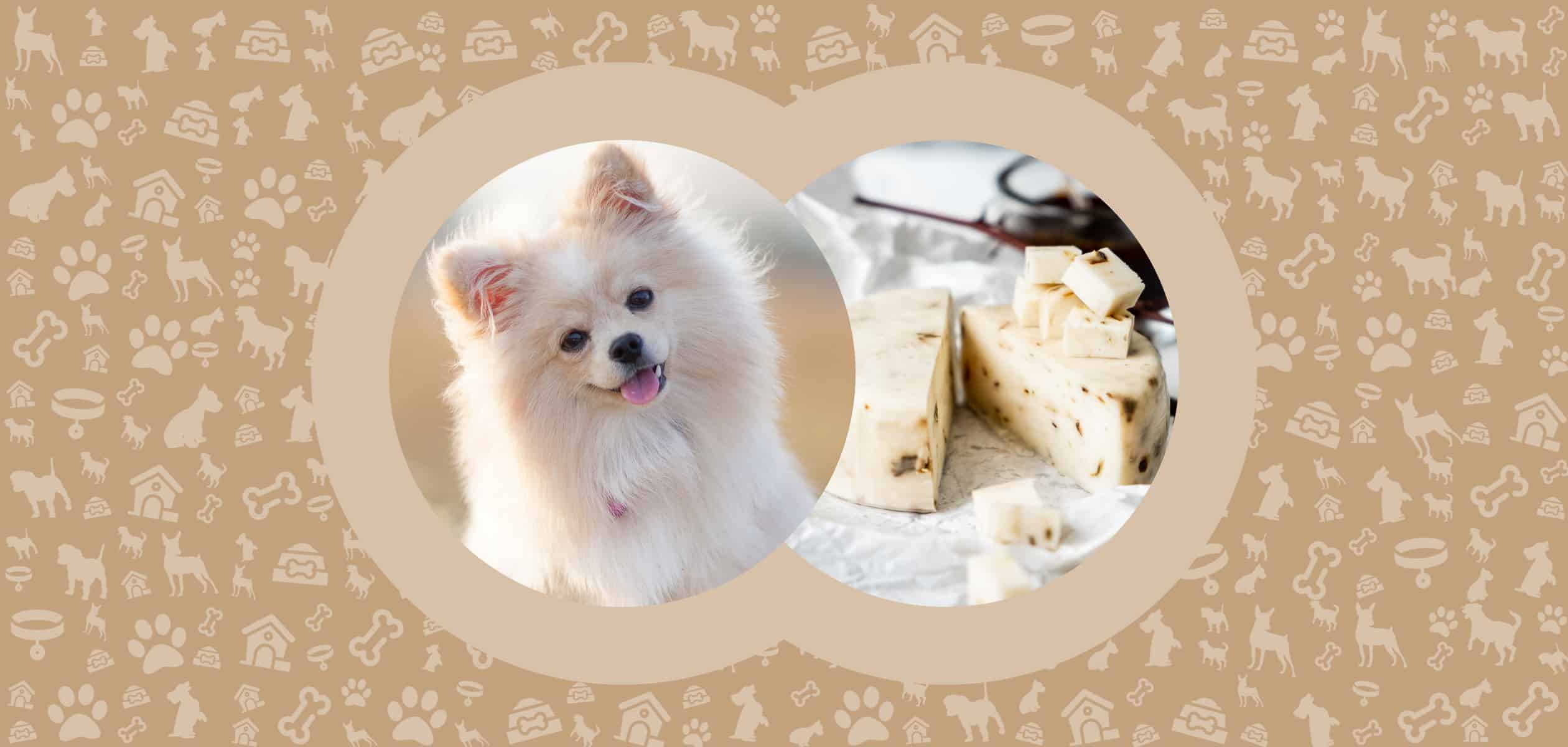
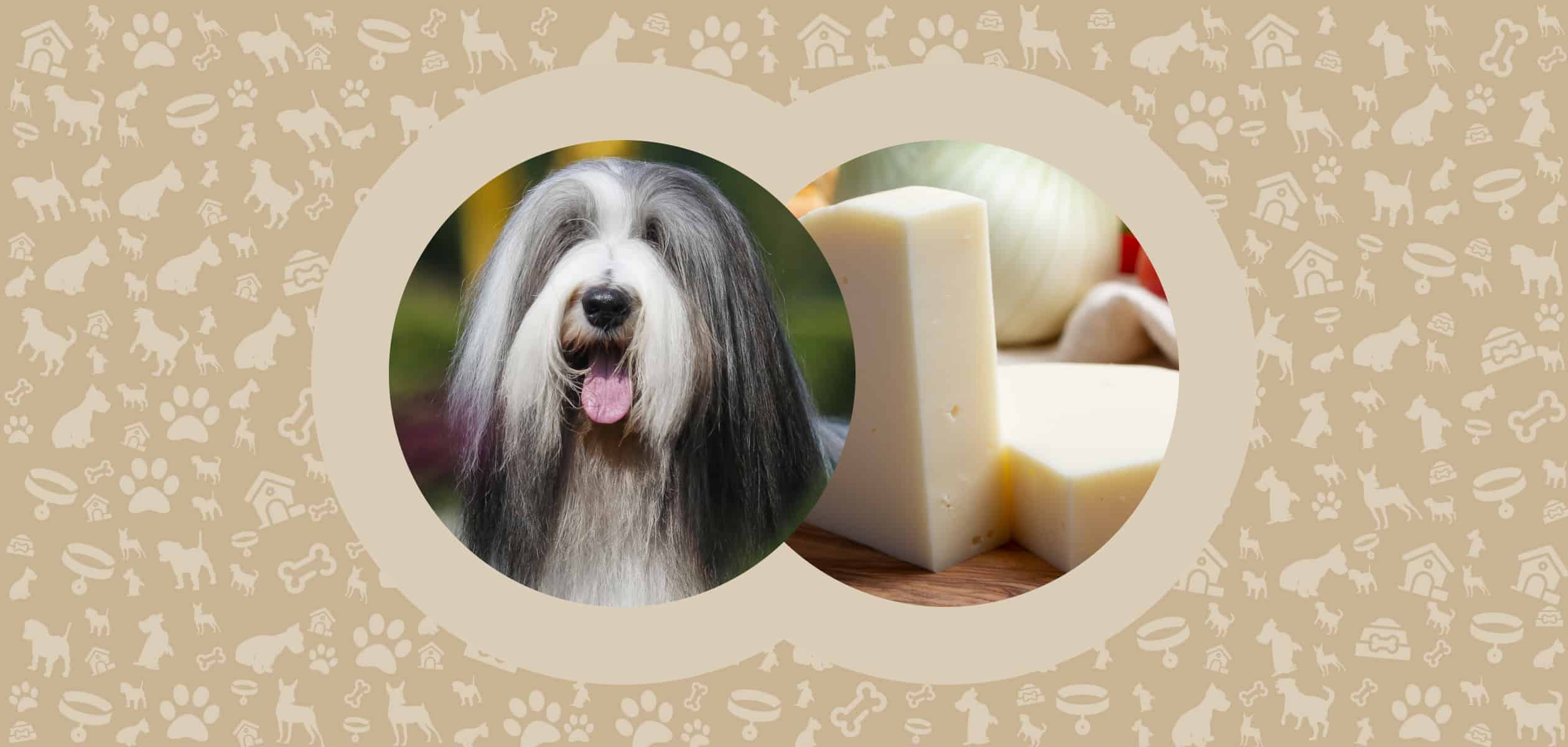
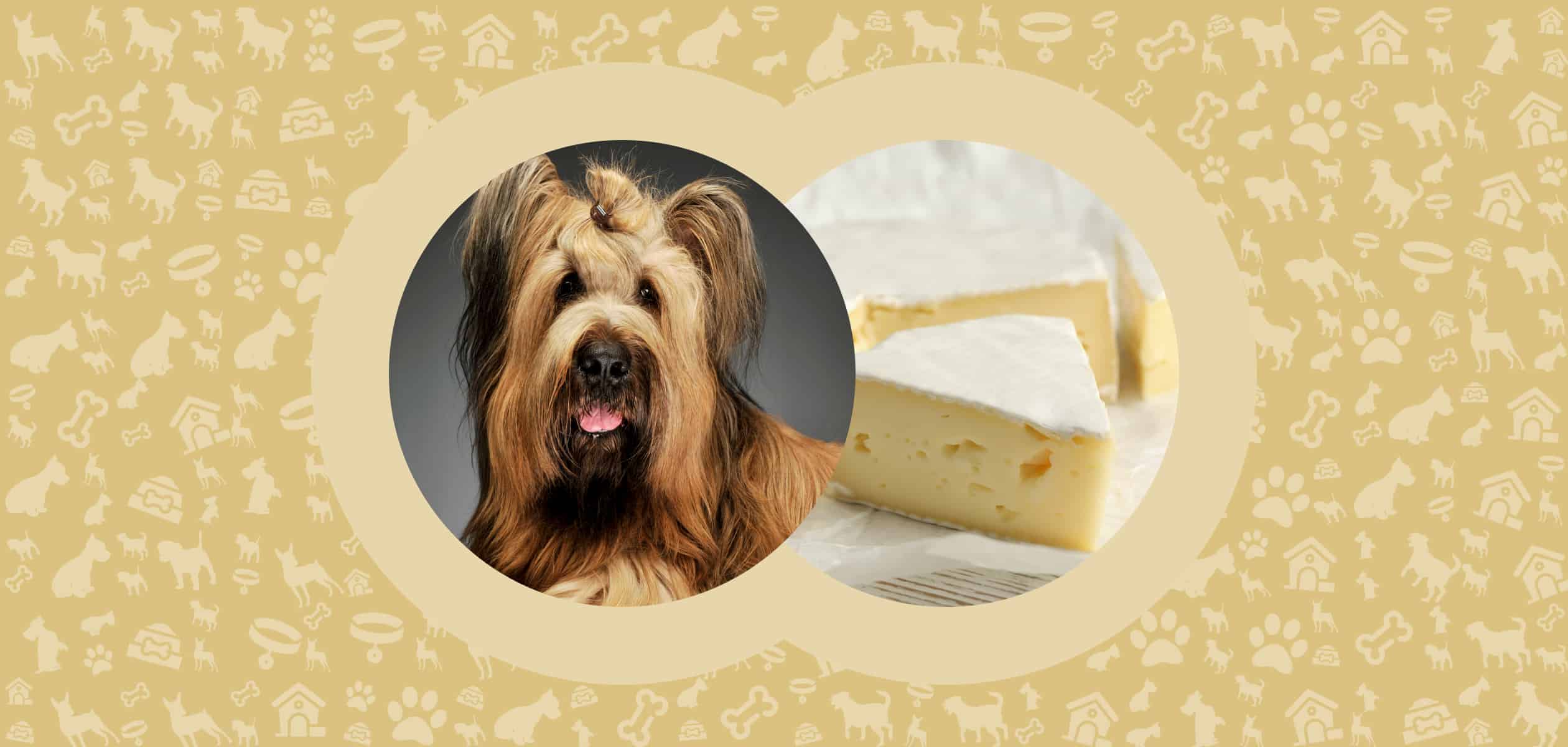
Leave a Comment